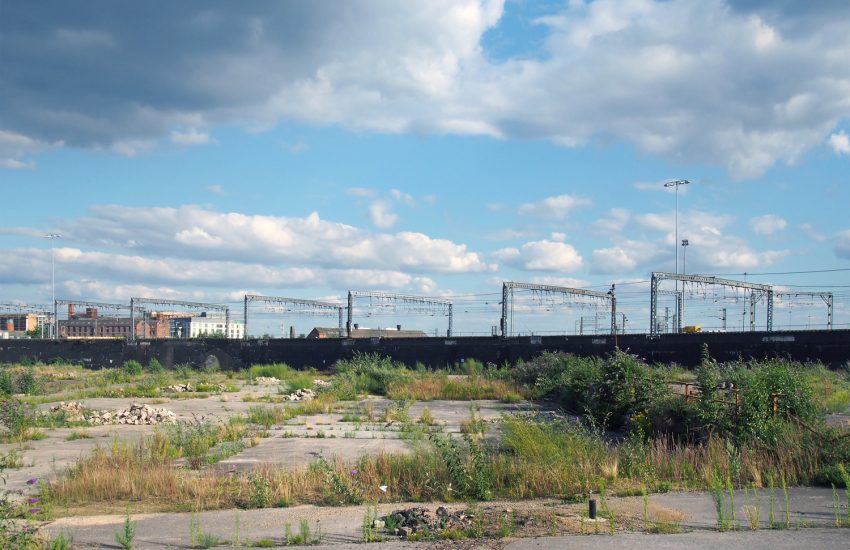This summer, Ohio implemented a change in its hazardous waste law that will be welcomed news to purchasers of brownfields. The new law adds a bona-fide prospective purchaser (BFPP) affirmative defense that will make those who qualify for its protections “immune to liability” to the state under the state’s environmental laws. Additionally, the new defense applies retroactively to pending causes of action that started before the law’s effective date.
The concept of a BFPP defense is familiar to purchasers of commercial property, as a similar defense is available under the federal Comprehensive Environmental Response, Compensation, and Liability Act (CERCLA). The BFPP defense available under CERCLA allows prospective purchasers who complete proper due diligence and comply with notice and cooperation requirements to avoid potential liability under CERCLA’s strict, joint and several liability scheme. Specifically, the CERCLA BFPP defense requires a person to show that:
- All disposal of hazardous substances at the facility occurred prior to acquisition;
- The person has conducted all appropriate inquiries into previous ownership and use of the property, including deposit and transport of hazardous substances to/from the facility;
- The person has acted with reasonable care to stop continuing releases of hazardous substances on the property, prevent future releases, and prevent exposures;
- The person is not potentially liable or “affiliated” with any person that is potentially liable for response costs at the facility; and
- The person cooperates with response actions and requests for information and provides legally required notices.
The new Ohio statute copies CERCLA’s requirements to qualify for BFPP protection. In doing so, the state provides the potential for drastically simplified compliance with environmental statutes. Because CERCLA’s BFPP defense does not apply to liability under state laws, prospective purchasers could find themselves required to conduct a cleanup under state law even if they could claim BFPP status under federal law. However, the Ohio defense applies only when the state brings a cause of action against the person that rests on the person’s status as an owner or operator of the facility. Further, the person must not impede a response action or a natural resource restoration at the facility.
Many of the requirements for taking advantage of the BFPP defense are relatively easy to establish. The “all appropriate inquiries” requirement, for example, may be satisfied by conducting a standard Phase I investigation of the property. However, other requirements, such as the requirement to act with “reasonable care,” can be more complicated. If the property has a complex history of contamination, or the steps needed to mitigate the contamination are debatable, it may be difficult to convince state regulators that “reasonable care” has been taken. In such cases, prospective purchasers may be better served by pursuing a traditional cleanup and obtaining a covenant not to sue from the state.
Ohio’s new BFPP defense provides another, potentially less cumbersome way to avoid environmental liability for contaminated property. If nothing else, for purchasers of brownfields in Ohio, it is always good to have options.

